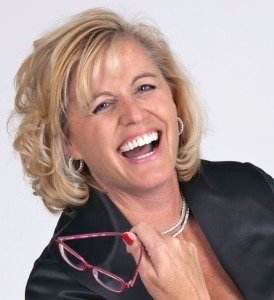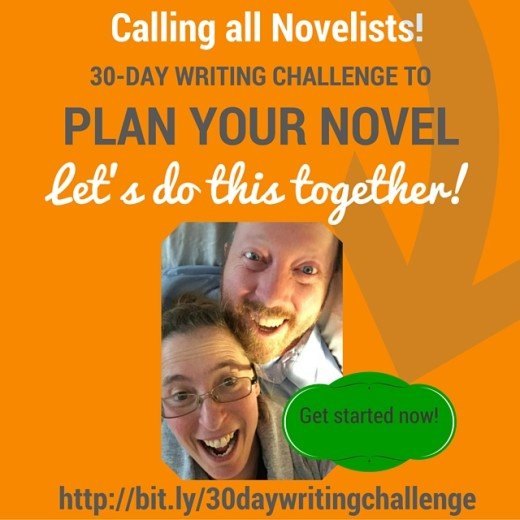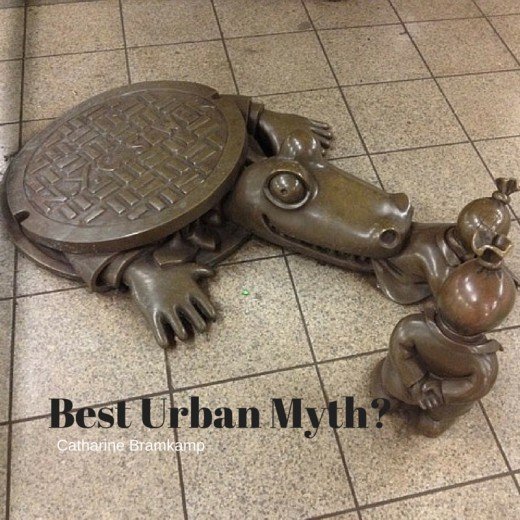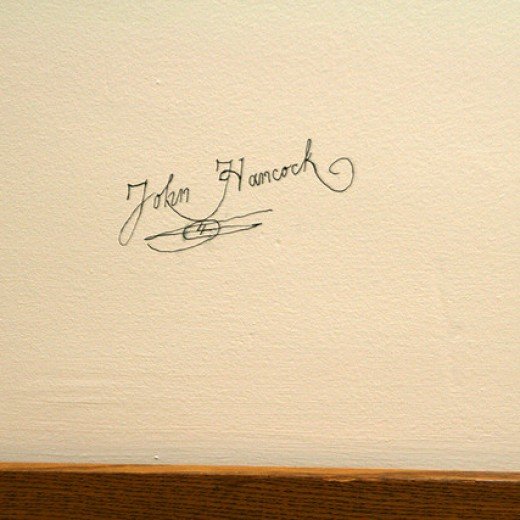Selling Out for the Holidays by Catharine Bramkamp
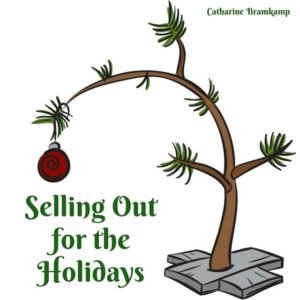 Let’s welcome back monthly columnist Catharine Bramkamp as she shares with us “Selling Out for the Holidays!” Enjoy!
Let’s welcome back monthly columnist Catharine Bramkamp as she shares with us “Selling Out for the Holidays!” Enjoy!
***
Remember A Charlie Brown Christmas? The theme was we had moved away from the real meaning of Christmas in favor of holiday lights and gaudy Christmas trees. Watching this as a small child, I had no idea what being too commercial meant, apart from the actual commercials that interrupted the show.
In the sixties, Christmas was, apparently, too commercial and the real meaning of Christmas had been lost.
Except it wasn’t lost at all.
Christmas as we know it was always a commercial exercise.
Since the Victorian Age, and those Victorians were very busy inventing much of what we slavishly assume as always, Christmas was advertised as: 1. A family holiday so people would stay home and not roam the streets at all hours of the day banging on doors and demanding grog. 2. A reason to shop thus shoring up the merchants as well as the economy during the dead of winter. Instead of drinking during the longest nights of the year, spend some of that money and time buying lovely gifts for the family and stay home to open all of them, just like the newly invented Santa did in the poem.
Commercialism is the whole point of Christmas.
What does that mean to writers and artists? We can participate fully, spend the money, light the tree, exchange the gifts, fight the traffic and be full participants in the culture that has grown up around us. Or we can treat the whole thing very much like the adult voices in the Charlie Brown shows – wank, wank, wank. We don’t have to understand. We don’t even need to listen.
Like the holidays, we are stuck in a season that conflates commercial success with artistic worth. A work is only as good as its asking price. Predating the inventive Victorians is a more pernicious Puritan ideal – God delivers cash to the righteous. Or the righteous make cash by delivering God. I’m not clear on the exchange rate. But the idea is embedded in the very essence of being American.
Every writing conference I hear the question about how to turn my life into a movie. Every. Conference. It’s not a question about art, it’s not a question about the process or the joy of spending days upon days in the creative zone. It’s not even about identity (who doesn’t want to self-identify as a writer?). It’s about the straightest, fastest road to fame and fortune. The commercial sell out.
But as you may suspect, selling out is not as easy as it looks.
Selling out means you manage your work on a different scale and with different expectations.
You are no longer the solo worker, the person with little more than a laptop and a dream. Commercial artists are themselves a commodity. Famous writers are part of a large team of editors, publicists, social media managers and their publishers. Once published, the author is no longer the inventor of the book but rather, the spokesperson for the product.
Some authors are very happy to reach the commercial level of their efforts. They are good at the sale. They are excellent at promotion and happy to do it.
For other authors, selling their book and launching into the commercial requirements of keeping that book in the public eye is as angst-ridden as Charlie Brown’s search for December happiness.
This is not to say, don’t publish. But publish and promote according to your own heart and ideals. You are not Santa. You are an artist. You have probably figured out what you love to do during the holidays and have jettisoned the rest. You can do the same with your art. Promote what you can, but keep the work close, write because it feeds your soul. Give your work to the world as a gift rather than an exchange. Christmas may be too commercial but you don’t have to be.
***
ABOUT THE AUTHOR
Catharine Bramkamp is the co-producer of Newbie Writers Podcast that focuses on newer writers and their concerns. She is a successful writing coach, Chief Storytelling Officer, and author of a dozen books including the Real Estate Diva Mysteries series, and The Future Girls series. She holds two degrees in English, and is an adjunct university professor. After fracturing her wrist, she has figured out there is very little she is able to do with one hand tied behind her back.

